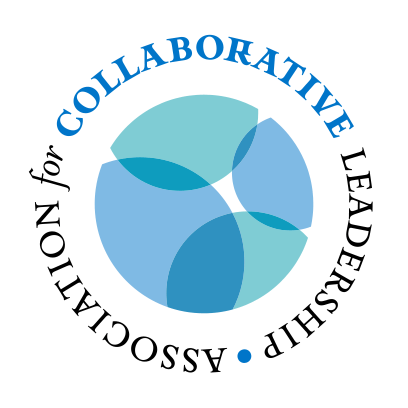Higher Ed HR Leaders Share 3 Benefits from edHEALTH Coalition That Helped Them Navigate the Pandemic
Nov 10, 2021
Three of our higher education institution HR leaders shared how the edHEALTH coalition helped them navigate the pandemic at the October Association for Collaborative Leadership (ACL) Conference. This interactive forum provided a roadmap for other higher education consortiums. Higher education was hit particularly hard during the pandemic, and edHEALTH pivoted from a growth and retention trajectory to collaboratively focus on the needs of our member institutions. edHEALTH’s Tracy Hassett led a discussion that focused on three strategies that helped member schools.
1) Collaboration Forums for Members
Recognizing that collaboration between colleges and universities could help HR departments learn from one another, we implemented bi-weekly virtual meetings for member schools toward the end of March 2020. Average attendance ranged from 60-65 people, primarily HR and financial staff along with their advisors. edHEALTH provided follow-up e-communications that recapped the topics discussed, including COVID’s impact on claims and rate renewals; HR-related discussions on furloughs, layoffs, retirement incentives, telecommuting, testing, and paid family medical leave; and the operational impacts of the pandemic.
“There were many stressors early in the pandemic including early staff cases and a death from COVID,” said Kevin Pierson, Director of Benefits & Wellness, Brandeis University. “It was a great support to have the edHEALTH higher ed community available, and other schools followed our lead in leveraging their EAP with special sessions to help employees deal with high levels of stress.”
“For the Mass Paid Family and Medical Leave program, we were planning to go with the public option due to the high initial price of private options, but after speaking with other edHEALTH members we changed our strategy,” said Scott Runkle, Director of Employee Benefits & Executive Compensation, Berklee College of Music. “It was helpful to hear that everyone was going through the same issues and to pick each other’s brains.”
“The pandemic shifted the way we needed to make decisions, but we wanted to be sure our decisions were well-informed,” said Kristen Jadul, Executive Director, Human Resources, Bentley University. “(At the forums) we discussed operational impacts with others and shared templates and FAQs so we didn’t have to recreate the wheel.”
2) Employee Engagement Communications
Benefit communications are critical for attracting and retaining employees while improving health outcomes, well-being, and overall job satisfaction. We instituted a series of communications to help member school HR staff communicate timely and important information to their employees: how to avoid the coronavirus, identifying the symptoms of COVID-19, and services available through telehealth.
“Employees’ needs have shifted over the last year and a half, and benefits that weren’t important in the past are now needed,” said Kristen. “Telehealth had been underutilized, and in collaboration with edHEALTH, we communicated the availability and convenience of telehealth and saw a significant uptick in utilization.”
“It has been an especially critical time to communicate with employees and we borrowed themes from edHEALTH to help shape our communications,” said Kevin. “For implementing the PFML program, we used multiple communication vehicles including early engagement of employee councils and other key stakeholders; webinars; and virtual office hours, and other schools were especially interested in the virtual office hours.”
“Our setup limits the ability to send emails to all employees, but we had a COVID team and weekly newsletter and distributed information from edHEALTH’s employee communications through these channels,” said Scott.
3) Thought Leadership Content
With strategic development goals in mind, we implemented two thought leadership initiatives:
- A thought leadership seminar series that featured renown speakers on timely subjects
- Trending topic articles that provide in-depth analyses of issues affecting healthcare, edHEALTH, and our member schools
“Dr. Stuart Altman led a discussion on why healthcare costs are rising and effectively boiled down the reasons to understandable information on fragmented care and out-of-control provider and drug prices,” said Kevin. “Cost shifting has limited efficacy and this seminar helped us begin to think creatively about network strategies and quality improvement to help bend the cost trend. The Diversity, Equity, and Inclusion seminar and corresponding thought leadership content – particularly on mental health – has stimulated important discussions on how we can better provide needed access to care that’s culturally relevant.”
“edHEALTH’s diversity, equity, and inclusion and employee engagement seminars contributed to a change in how we approached this year’s Open Enrollment,” said Kristen. “Bentley translated our communications to other languages to improve outreach to employees for whom English is not their primary language. We also piloted a text campaign to meet people where they are who may not have access to a computer but do have a smartphone.”
“The diversity, equity and inclusion seminar instigated our evaluation of the underlying investments of Berklee’s 403B plan to ensure they’re in keeping with our DE&I objectives,” said Scott. “The employee engagement seminar got us to think differently and creatively about helping our employees understand the basics of benefit terminology and with our program offerings to help employees with diet, exercise, food insecurity, hygiene, and other needs.”


